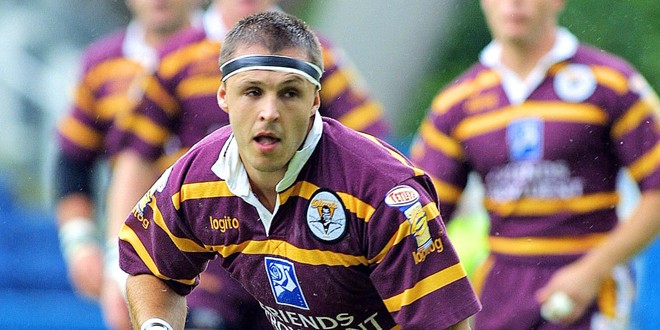 Rugby League World writer Neil Barraclough hears how Paul Rowley’s steely determination has shaped his blossoming coaching career...
It is a story that dates back more than a quarter of a century, to when a 13-year-old lad from Leigh first walked into a club with which he was to become synonymous.
Now, as he leads his team to yet another Ch
Rugby League World writer Neil Barraclough hears how Paul Rowley’s steely determination has shaped his blossoming coaching career...
It is a story that dates back more than a quarter of a century, to when a 13-year-old lad from Leigh first walked into a club with which he was to become synonymous.
Now, as he leads his team to yet another Ch Interview: The story of Leigh coach Paul Rowley
 Rugby League World writer Neil Barraclough hears how Paul Rowley’s steely determination has shaped his blossoming coaching career...
It is a story that dates back more than a quarter of a century, to when a 13-year-old lad from Leigh first walked into a club with which he was to become synonymous.
Now, as he leads his team to yet another Ch
Rugby League World writer Neil Barraclough hears how Paul Rowley’s steely determination has shaped his blossoming coaching career...
It is a story that dates back more than a quarter of a century, to when a 13-year-old lad from Leigh first walked into a club with which he was to become synonymous.
Now, as he leads his team to yet another Ch 